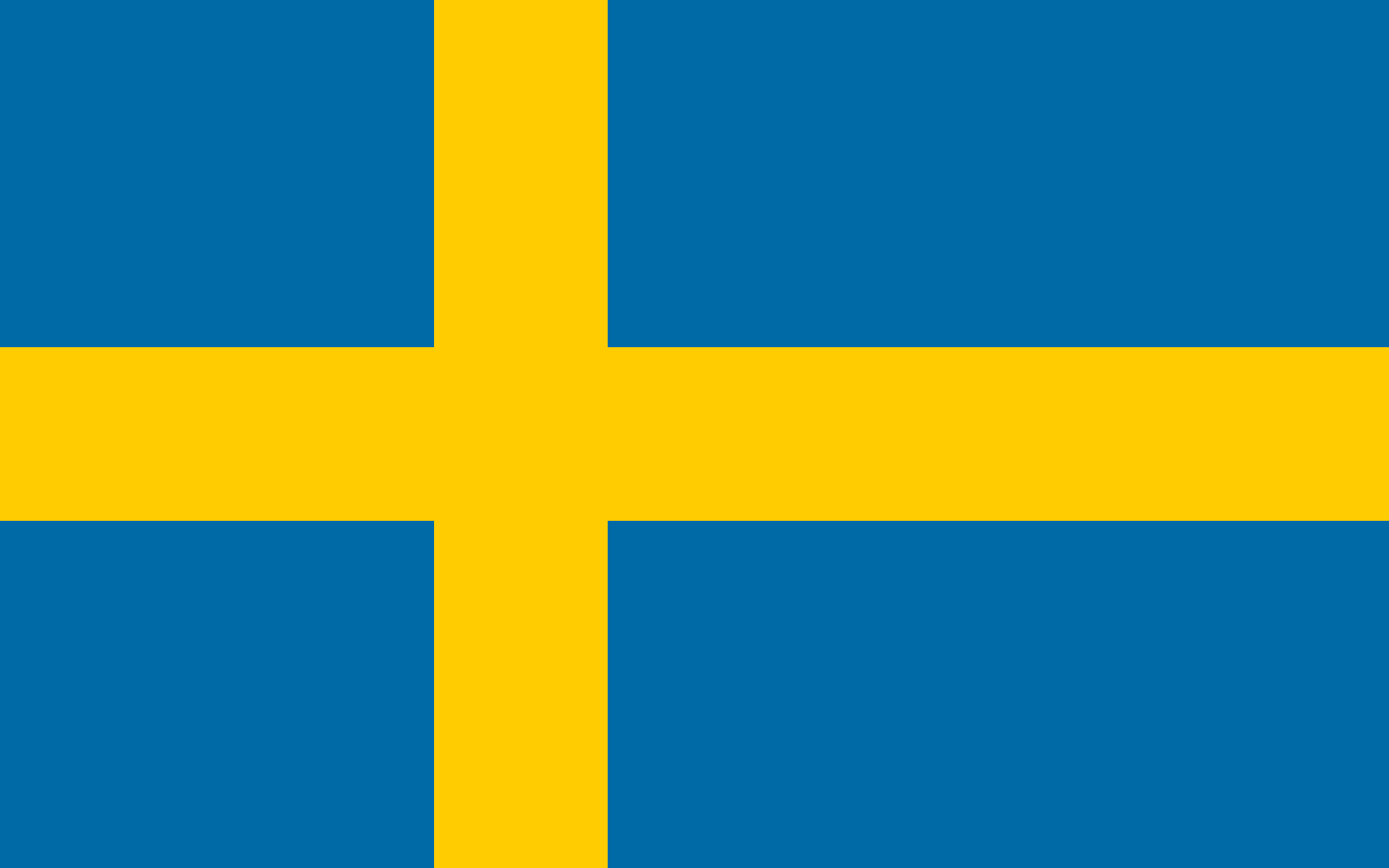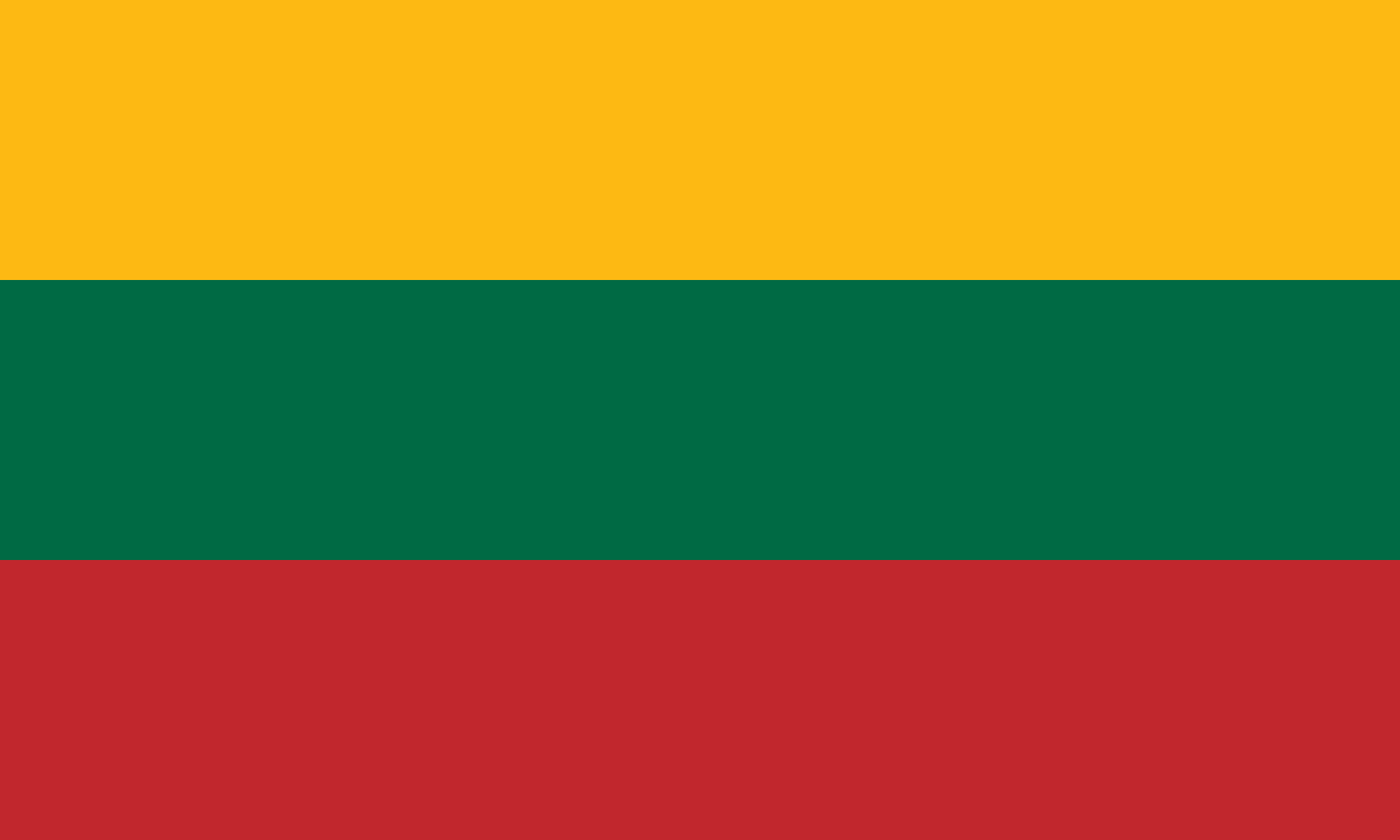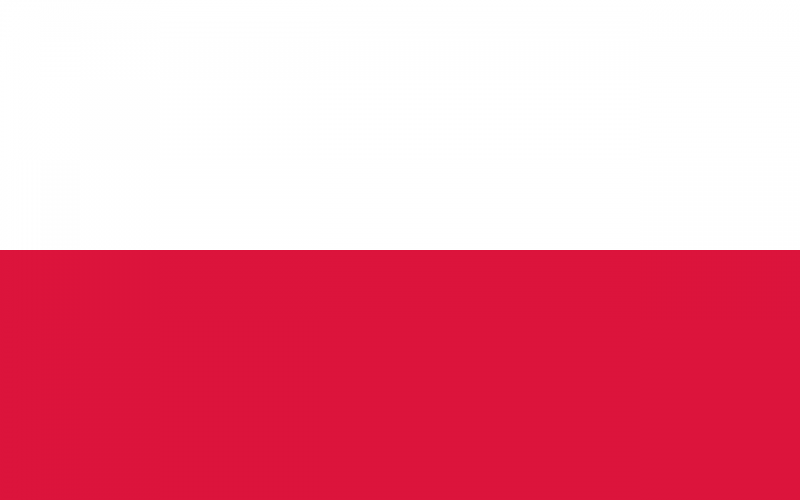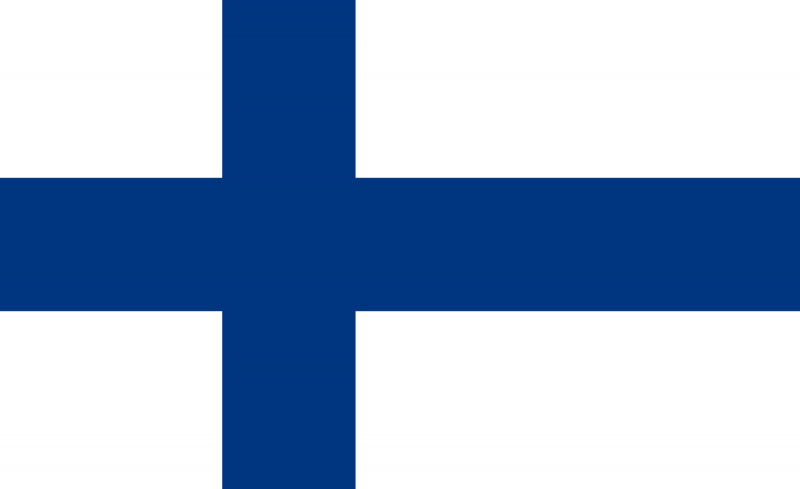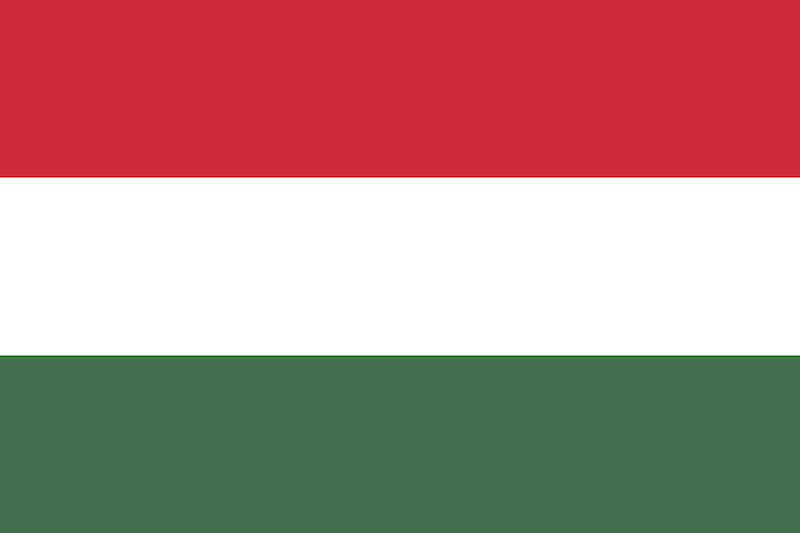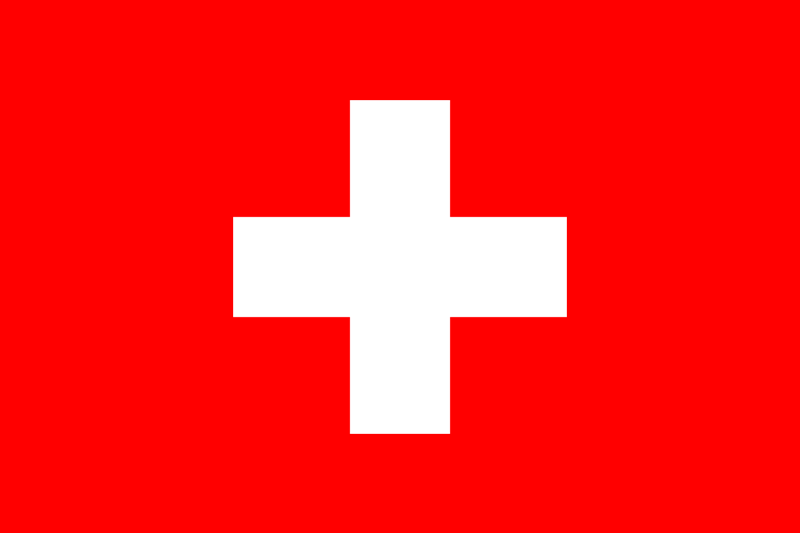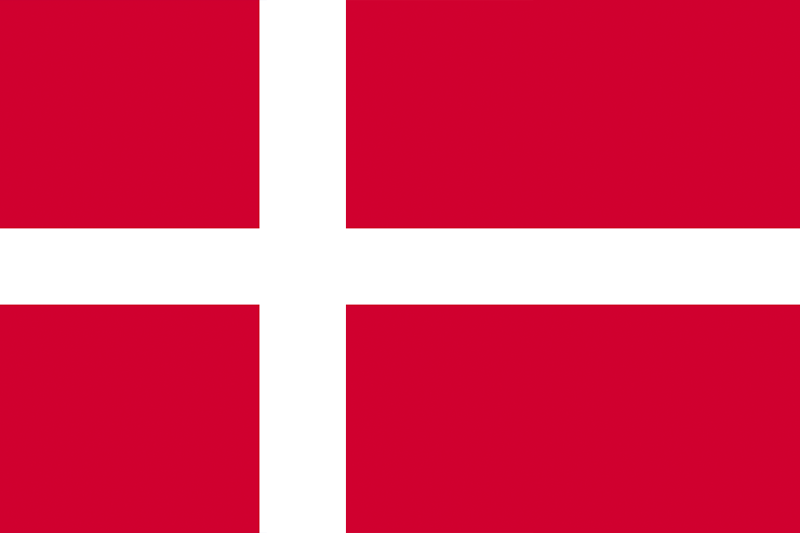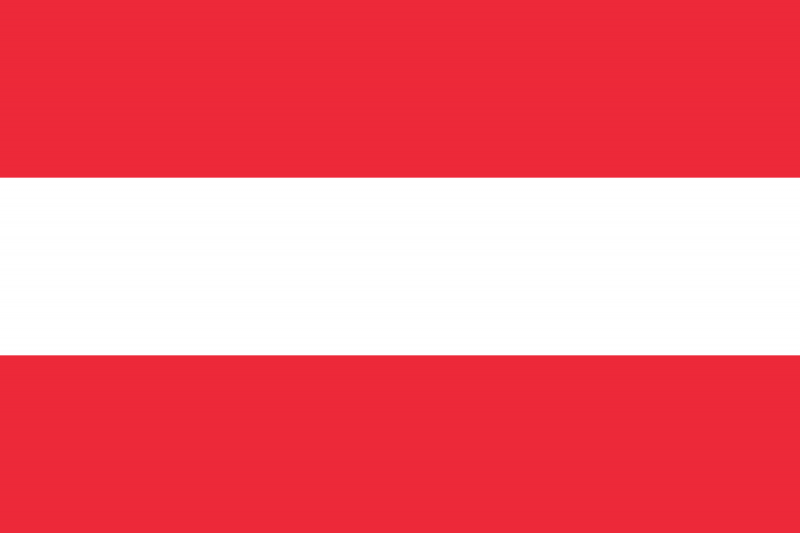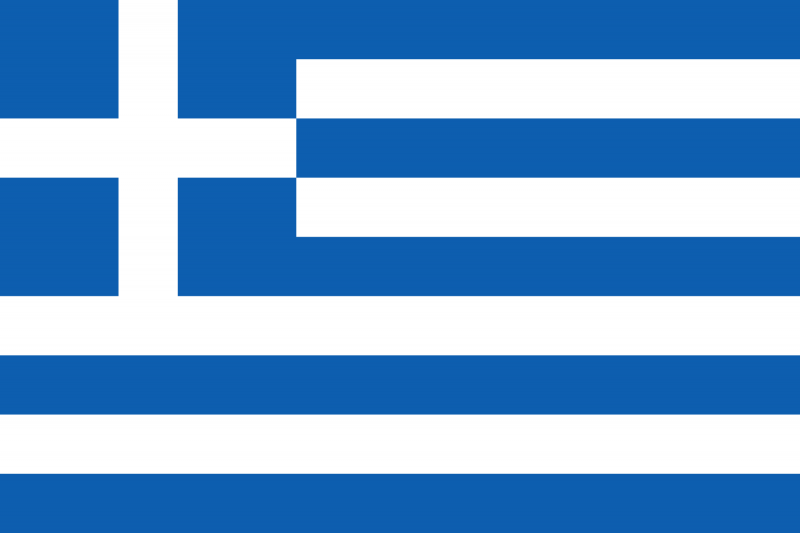 Grèce
GrèceNeo-nazi Golden Dawn in Greece : a party between democratic representation and xenophobic criminality
Within the partnership with the Association of the European Affairs Master at Sciences Po (AMAE).
Golden Dawn has posed a domestically thorny, and internationally embarrassing[1], problem in Greek politics for nearly a decade now. It is a parliamentary party, with deputies in the Greek and European Parliaments, which espouses a nationalist, xenophobic, and eurosceptic ideology. An ideology that is widely recognised as neonazi by scholars and other political actors across Europe. In the latest national parliamentary elections (in 2015) the extreme-right party secured 6,99 % of the vote, ranking third in Parliament, with 18 seats. This article supports the view that – despite the outwardly representative facade, elements of GD’s rise to power, political activity and beliefs – the party is straddling a thin line between democratic legitimacy and illegitimacy.
The issue here raised, therefore, will not only descriptively cover various aspects of GD’s rise to infamy and the occupation of parliamentary seats. It will also treat the more normative question of the way the neonazi party has laid claim to legitimate democratic authority. It is this notion of legitimacy in particular, which can be called into question given GD’s ideology, and involvement in xenophobic criminality.
Golden Dawn: Rise to racist fame
There are two ways in which the rise of GD can be perceived and contextualised in recent years: as an offshoot of long-entrenched populism and implicit xenophobia in the Greek national political context, or as a piece of a wider mosaic of extreme-right parties in Europe. The two images of the party demonstrate a certain complementarity, but they also indicate that GD might – ominously – be somewhat of an outlier compared to other far-right European groups that have gained access to their respective national parliaments (and even the European Parliament).
Therefore, Golden Dawn can be treated in relative isolation from other upcoming far-right parties in Europe, because it is somewhat particular in its rise. Its specificity arises in light of a piece of received wisdom in political sciences, that countries like Greece, Spain or Portugal, having experienced dictatorships in the 20th century, tend to reject far-right parties as unwelcome reminders of these fallen regimes of the 1970’s[2]. While Spain and Portugal confirm this tendency, Greece is a recent counter-example. It is curious then that GD would face comparatively little resistance on the domestic normative political front. This is an observation which can furthermore be reinforced, through a comparative with other European far-right parties. Contrary to other national parliamentary groups, like the French Front National, GD did not need to undergo a deep process of de-demonisation to acquire access to mainstream discourse, or to occupy an (arguably) legitimate political presence.
“The Nazi inspiration within the party is evident in GD member’s occasional slips-of-the-tongue – such as when MP Ilias Panagiotaros described Hitler as a ‘great personality'”
In order to comprehend this fact though, it is necessary to keep in mind that populism is a strong and persistent feature in Greek political discourse from a historical standpoint. It is also widely employed and highly entrenched as a political practice in Greece, normalised by the two mainstream political parties (New Democracy and PASOK), alternating as majority parliamentary parties in a distinctly bipolar system from 1974 to 2015[3]. The specific origins of the extreme right in Greece date further back to the Civil War period (1946-1949). Taking off in a climate of right-wing terror, it ended in the defeat of the left and the continuity of fascist elements in the civil service, the military, and the security forces. The authoritarian period that ensued led to the military coup of April 1967, starting the dictatorship of the Colonels that was to fall in July 1974, only to be met with a state of impunity similar to that at the end of WWII.
The repeated climate of forgiving and forgetting led to a succession of ephemeral far-right formations during the Metapolitefsi[4], confined to anti-communist rhetoric and minor terrorist attacks. At the roots of these attacks was the openly Nazi ‘Party of the 4th of August’[5], the incipient form of today’s Golden Dawn, founded in 1980 around a magazine of the same name. From the outset, GD made no effort to hide its ideological heritage, its pages filled with swastikas and pagan symbols – reminiscent of the gross oversimplification that ancient Greek culture GD exalts. Interestingly, from 1981 to 1984, GD focused unashamedly on National Socialist propaganda. That is, however, before coming to public attention in December 1992 with its first demonstrations, and a series of violent acts in the Kypseli neighborhood, its then headquarters, and in Agios Panteleimonas, its current stronghold. This emergence into the public arena also marked the beginning of a game of hide-and-seek with its National Socialist inspirations, changing the omnipresent swastika into the current ancient Greek meander for example. This was a first attempt to become a more mainstream political party, a necessary step to satisfy its budding electoral ambitions. Today, the initial influences of GD remain disguised: the salute, which resembles that of the Nazi’s, is passed off as the ancient Doric Salute, and anti-migrant persecutions are justified with reference to the Crypteia, and old Spartan practice used to terrorise the servile foreign population. However, the Nazi inspiration within the party is also evident in GD members’ occasional slips-of-the-tongue – such as when, in 2014, MP Ilias Panagiotaros described Hitler as a “great personality”[6].
Golden Dawn and the national illusion of legitimacy
This brief historical overview of populism and right-wing extremism in the forefront of Greek political events can help explain the fairly organic rise and persistence of a far-right subculture, and the normalised participation of a party as extreme as GD in ordinary legislative politics. Conventionally, the democratic legitimacy of parties in parliament is conflated with their electability. Once elected to parliament, it is often taken for granted that GD now represents a sufficiently sizeable proportion of the electorate, and that this therefore confers some political legitimacy on the party – a potentially viable theoretical argument. After all, constitutionally speaking, Golden Dawn MPs cannot be legally disqualified from running for parliamentary seats, and cannot lose their mandate, at the moment, through any widely discussed legal avenue.[7] Instead, their popular support has been on the rise since the outbreak of the economic crisis, and more so with the outbreak of the refugee crisis.[8] Indeed, the latter has granted GD a significant boost in those Aegean islands that were hit the hardest. Their support rose from 4.66% to 7.85% in Lesbos, for example.
| Election | Date | Votes | Percentage | Seats |
| European | 12 June 1994 | 7,242 | 0.11 | 0 |
| National | 22 September 1996 | 4,487 | 0.07 | 0 |
| European | 13 June 1999 | 48,532 | 0.75 | 0 |
| European | 13 June 2004 | 10,618 | 0.17 | 0 |
| European | 7 June 2009 | 23,609 | 0.46 | 0 |
| National | 4 October 2009 | 19,624 | 0.29 | 0 |
| Local | 14 November 2010 | 10,222 | 5.29 | 1 |
| National | 6 May 2012 | 440,996 | 6.97 | 21 |
| National | 17 June 2012 | 426,025 | 6.92 | 18 |
Source: Greek Ministry of Interior: http://www.ypes.gr/el/Elections/
However, this perceived legitimacy also runs in the face of their many alleged violent criminal activities, and a long history of racist aggressions that GD must answer for, on the whole, as an organisation. A number of active legal cases against a large number of its members is evidence of this overtly paradoxical situation. There is an added complexity to this situation however: it is not enough to demonstrate that GD perpetrates violent acts on a large scale. In order to legally shake its political legitimacy, substantial proof of organised criminal activity is required, and this is extraordinarily difficult to obtain. This is best illustrated through the case of the assassination of Pavlos Fyssas, a 34-year-old Greek anti-fascist rapper, in September 2013, by a known associate of GD in one of its Athens branches.[9] The murder of a Greek citizen shocked public consciousness, and sparked nights of protests in the streets of Athens against the lack of reaction by the government. Antonis Samaras, then Prime Minister, eventually championed legal action of an unprecedented scale against Golden Dawn, ending his policy of tolerance of the party. As a result, 70 GD members (including current and former MPs), and party leader Nikos Michaloliakos, stood and are in the process of standing trial, on a series of charges which include running a criminal organisation.
In 35 years, and especially since the late 1990s, GD has not relinquished its violent origins, marked by many instances of illegality – often carried out by trained assault squads – the majority of which have either gone unreported, or in a way tolerated, excused, if not justified by the Greek legal system. Most of these acts have a racial or political motive, from the attack and mugging of an Albanian immigrant (September 1999), to the murder of a Pakistani migrant by two GD members (January 2013), with at least 60 other cases reported during the period 2010-2013.[10] Some of these attacks seem to be the fruit of isolated GD activists and others, more organized, that of local GD branches. To make matters worse though, there are internally substantiated claims of collusion between GD hierarchy and the Hellenic Police force.[11]
“Most of these acts have a racial or political motive, from the attack and mugging of an Albanian immigrant to the murder of a Pakistani by two GD member”
The entrance of GD into parliament forced the mainstream centre-right New Democracy party to pander to its ideas by taking a more xenophobic line, in a clear demagogical (and failed) appeal towards GD’s electoral base. An example of this is the ‘Xenios Zeus’ sweep operations[12] which permitted the Greek state to arrest and detain 84,000 migrants between August 2012 and February 2013, on the sole basis that they look foreign[13]. Such state-sanctioned persecution of migrants can arguably be perceived as a public relations reaction to the rise of GD. Furthermore, Greece is often condemned, by Human Right Watch for example, for failing to sanction hate speech, discrimination, and racial violence[14]. Indeed, the attempts to ameliorate the inefficient 1979 law ‘927/1979’ against racial discrimination have been laborious and unsuccessful. Effectively, whilst illegalizing migrants, the state has legitimized their persecution. In doing so, they lend legitimacy to GD and their ideas, normalising their practices and ideology in the public eye.
Isolation in a European context
Despite settling, against all odds, as a relatively legitimized party at a national level, Golden Dawn remains a friendless faction in the EP. Though it gathered 9.4% of the votes in the 2014 elections, none of Europe’s far-right parties have accepted an alliance, with political heavyweights like UKIP or the FN actively rejecting any connivance. Therefore the three Golden Dawn MEP’s stand alone, and at a European level GD has managed to create ties only with fringe parties unrepresented in the EP, of the likes of the BNP, Forza Nuova, or the NPD. Perhaps bursting in an EP conference on minority rights in Greece and shouting abuse at the speaker, as did Lampros Fountoulis MEP last February, does not help.
And yet, though GD remains isolated in the EU, and despite ongoing criminal trials, it seems their national grounding is ever more solid. Opposition by the left-wing government, whose public approval is spiralling ever lower, just galvanises support for an anti-establishment GD. Alarmingly strong, both in rhetoric[15] and in political appeal, the rise of the party remains a point of tension in national discussions and derision in international ones – a dynamic which presently inspires little hope that the xenophobic phenomenon that is Golden Dawn will abate anytime soon.
Sources:
[1] Crisp, James (2016): Golden Dawn thugs disrupt European Parliament meeting, on: www.euractiv.com.
[2] Davis, T.C. (1998): The Iberian Peninsula and Greece: Retreat from the Radical Right?, in: Betz, H-G. and Immerfall, S. (eds) The New Politics of the Right: Neo-Populist parties and movements in established democracies (New-York, St Martin’s Press), pp. 157-172; Kitschelt, H. (1995): The Radical Right in Western Europe: a Comparative Analysis, (Ann Arbor University of Michigan Press.
[3] Pappas, T. (2014): Populism and Crisis Politics in Greece, New York: Palgrave Macmillan.
[4] The period of restoration of democracy after the dictatorship of the Colonels that led to constitutional stability, a parliamentary system, and general social reform. This period was first directed by the conservative ND (1974-1981), then by the socialist PASOK (1981-1989).
[5] In reference to Metaxas’ seizing of power on the 4th of August.
[6] Smith, Helena (2014): Greeces’s Golden Dawn describes Hitler as ‘great personality’, on: www.theguardian.com.
[7] According to the Greek Constitution (Article 62) MPs also enjoy parliamentary immunity, meaning they cannot be charged or arrested (unless apprehended in flagrante) during their parliamentary term, except by special parliamentary committee decision. | http://www.hellenicparliament.gr/Vouleftes
[8] Michalopoulos, Sarantis (2015): Refugee crisis boosts Greek neo-Nazi Golden Dawn, on: www.euractiv.com.
[9] Ekathimerini.com (2014): Photos of Golden Dawn Members brandishing guns added to case file, on: www.ekathimerini.com.
[10] Efsyn.gr (2014): An extensive review of criminal cases against GD, on: www.archive.efsyn.gr.
[11] Chatzistefanou, Aris (2012): Golden Dawn has infiltrated Greek Police, says officer, on: www.theguardian.com.
[12] Open Democracy (2013): A review of the Xenios Zeus ongoing policy, and its racist implications, on: www.hrw.org.
[13] Dalakoglou, D. (2013): ‘From the Bottom of the Aegean Sea’ to Golden Dawn: Security, Xenophobia, and the Politics of Hate in Greece, Studies in Ethnicity and Nationalism, Vol.13 (3), pp.514-522 [Peer Reviewed Journal].
[14] HRW: Greece – Strengthen Anti-Racism Bill; Greece – Migrants describe Fear on the Streets, on: www.hrw.org.
[15] See the speech of Ilias Kasidiaris on Youtube: “You Won’t Turn Greece into a Ghetto of Illegal Immigrants”.







